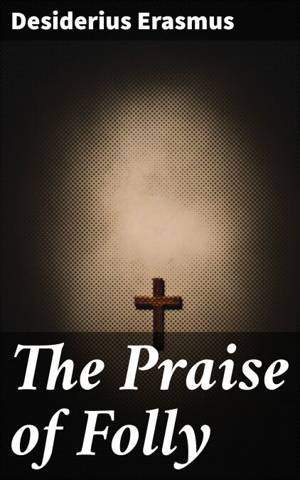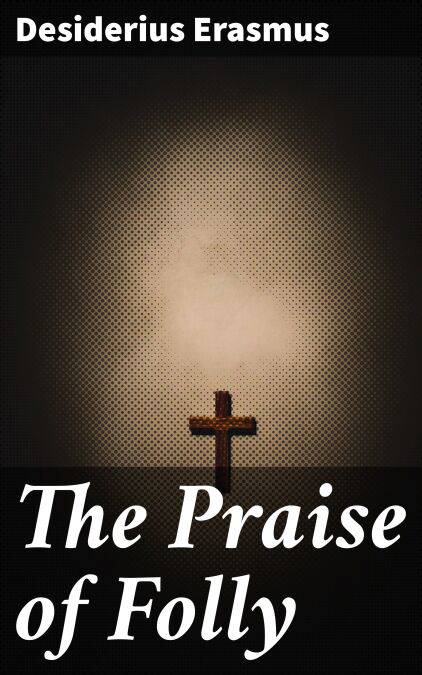
- Afhalen na 1 uur in een winkel met voorraad
- Gratis thuislevering in België vanaf € 30
- Ruim aanbod met 7 miljoen producten
- Afhalen na 1 uur in een winkel met voorraad
- Gratis thuislevering in België vanaf € 30
- Ruim aanbod met 7 miljoen producten
Zoeken
Omschrijving
In 'The Praise of Folly' by Desiderius Erasmus, the reader is presented with a satirical treatise in which Folly herself praises her own virtues. Through clever wit and sharp criticism, Erasmus tackles the societal norms and practices of his time, highlighting the hypocrisy and ignorance of the powerful and learned. Written in the style of a classical literary dialogue, the book blends humor with serious moral commentary, inviting the reader to reflect on their own foibles and prejudices. Set against the backdrop of the Renaissance, 'The Praise of Folly' challenges traditional beliefs and calls for a reevaluation of values and priorities. Desiderius Erasmus, a renowned Dutch humanist, theologian, and scholar, was driven by a desire to reform the Catholic Church and promote a more rational and moral society. Influenced by classical thinkers such as Plato and Cicero, Erasmus used his sharp intellect and biting satire to advocate for social and religious reform. 'The Praise of Folly' stands as one of his most famous works, showcasing his skill as a writer and thinker. I recommend 'The Praise of Folly' to readers interested in Renaissance literature, satire, and intellectual history. Erasmus's insightful critique of human nature and society remains relevant and thought-provoking to this day, making this book a timeless classic worth exploring.
Specificaties
Betrokkenen
- Auteur(s):
- Vertaler(s):
- Uitgeverij:
Inhoud
- Aantal bladzijden:
- 168
- Taal:
- Engels
Eigenschappen
- Productcode (EAN):
- 4064066090340
- Verschijningsdatum:
- 15/03/2020
- Uitvoering:
- E-book
- Beveiligd met:
- Digital watermarking
- Formaat:
- ePub

Alleen bij Standaard Boekhandel
+ 1 punten op je klantenkaart van Standaard Boekhandel
Beoordelingen
We publiceren alleen reviews die voldoen aan de voorwaarden voor reviews. Bekijk onze voorwaarden voor reviews.







